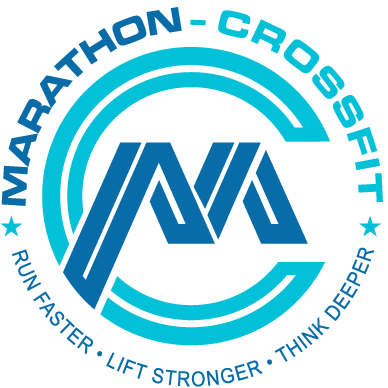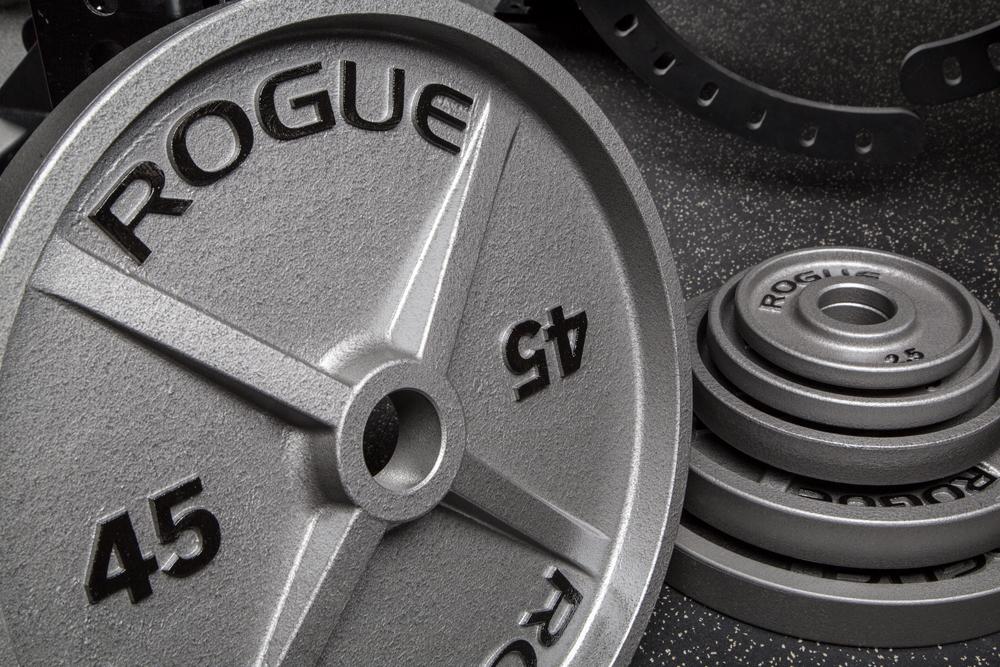Rogue Calibrated steel plates vs Machined Olympic plates
This is a comparison between the Rogue Calibrated plates and the Machined Olympic plates including pros, cons and alternatives. Follow the links for more details
Which plates to get from Rogue?
This video discusses which plates you might want to buy for your home gym from Rogue Fitness. Good options are their bumper plates or simple cast iron plates if you want to save money. I personally own the Black training plates from rogue and like them a lot.
Overview and review of the Rogue Machined Olympic plates
The Rogue machined olympic plates will set you back about $582 dollars or $5.24 dollars per kg. These plates are especially good to use for home gyms who want some extra precision. This overview has originally been published in the article "Which rogue plates to buy" which you can find on this blog.
Related articles
- Which belt to buy from Rogue
- Which barbell to buy from Rogue
- Which rack to buy from Rogue over $1000
- Which rack to buy from Rogue for under $1000
- Which plates to buy from Rogue
- Which strength equipment to buy from Rogue
- Which conditioning equipment to buy from Rogue
- Which Equipment package to buy from Rogue
- Which accessory to get from Rogue
- Which jump rope to get from Rogue
- Which bench to get from Rogue
- Which dumbbell to get from Rogue
- Which knee sleeve to get from Rogue
Overview of the Rogue Machined Olympic plates
These plates are Rogue take on the standard metal plate. They have come up with a great design which combines grey hammertone with black writing. Many lifters love the sound of multiple metal plates clanging together when they post a new pr. These plates are made to precision with a 2 to 3% tolerance which sets them apart from the rest of the industry. These are the type of plates which a no-nonsense dungeon gym will hold. You get quite a lot of weight for your dollar with these ones.
Weight / Diameter / Thickness / Price per pair
45LB / 448mm / 1.50'' / $160
35LB/ 360mm / 1.50'' / $128
25LB / 300mm / 1.50'' / $ 105
10LB / 228mm / 1.22'' / $48.50
5LB / 195mm / 0.83'' / $32
2.5LB / 162mm / 0.63'' / $23
Available sets
245LB one pair each size $582
Pros of the Rogue Machined Olympic plates
The biggest pros are the price and machine precision. Compared to the calibrated steel plates and high-end bumpers you get the same amount of weight for roughly half the price. Metal also feels different when you move it around. It makes more noise and just feels rawer. You will also be able to fit more weight onto your barbell.
Cons of the Rogue Machined Olympic plates
These plates have no color coding and you can not always be sure what you put on the bar. This makes it more likely to misload a lift. If you do not have a platform these plates are also a lot more likely to eat into your floor on deadlifts than bumpers. They will also not sustain constant dropping of the weight from overhead. Especially your barbell will suffer and deform quickly if you use them for Olympic lifts. In addition, they will also not age well in damp places as they will oxidate.
Alternatives to the Rogue Machined Olympic plates
If you still want that metal feel, can tolerate a bit more variance on the finish and prefer black, the Rogue Olympic plates might be for you. They will also come in at an even lower price point.
Bumper plates are the alternative for the home gym warrior who wants to protect their floor and lift overhead. You will fit less weight on the barbell, but you can train without a platform without wrecking the floor.
The calibrated steel plates come with color coding and are IPF approved. If you want to prepare for your next powerlifting meet and train like the pros, this is the option for you.
Overview and review of the Rogue Calibrated steel plates
The Rogue calibrated steel plates will set you back about $885 dollars or $5.56 dollars per kg. These plates are especially good to use for powerlifters who are serious about competing. This overview has originally been published in the article "Which rogue plates to buy" which you can find on this blog.
Overview of the calibrated steel plates
The Rogue calibrated steel plates come in KG and LBS nominations. They are popular for powerlifting purposes as they can fit a lot of weight onto a bar. They are also approved by the IPF and therefore be used for official powerlifting competitions based on their high level of precision.
In the manufacturing process, each plate will vary in weight when it is finished. The cheaper the plate, the more variance you will have. Calibrated plates are made with better quality machines and add one production process at the end which is the calibration. What happens here is that the plates are weighed and then there will be a disc placed into little holes at the back of them to adjust to within 10grams of the desired weight.
Further specifications for the Rogue Calibrated steel plates:
Weight / Color / Diameter / Thickness / Price per pair
50kg / black / 450mm / 50mm / $386.50
25kg / red / 450mm / 27mm / $225
20kg / blue / 450mm / 22.5mm / $182
15kg / yellow / 400mm / 21mm / $140
10kg / green / 325mm / 21mm / $99.50
5kg / white / 228mm / 21.5mm / $82.00
2.5kg / Black / 190mm / 16mm / $55
1.25kg / Chrome / 160mm / 12mm / $42.50
0.5 kg / Chrome / 134MM / 8mm / $35
0.25kg / Chrome / 112mm / 112mm / $25.75
Available sets
159kg, pair of each plate except 50kg $885
459kg, pair of each plate 0.25kg to 20kg & 7 pairs of 25kg $2060
Calibrated steel plates are very good when you want to fit as much weight in as little space as possible. As long as you do not want to drop your weights this is great.
Pros of the calibrated steel plates
Calibrated steel plates are the ones you will use in competition in a powerlifting meet. They will also take up less space in your gym than bumper plates for the same amount of weight. The color coding looks cool and gives any gym a little extra feel of being professional when it comes to getting results. With these, you can train like a real champion.
Cons of the calibrated steel plates
Steel plates are not ideal for overhead lifts. They spin differently than competition bumper plates and behave differently when you switch direction during the lift. They also suffer from dropping or heavy use a lot more. Especially the calibration discs can come loose and start to rattle or fall out over time altogether.
Alternatives to the calibrated steel plates
Calibrated steel plates with LBS nominations are the same plate style but take out the thinking for you when you prefer to lift in pounds. If you do not want to compete this might be an option, as the international standard for the IPF is to measure the weight lifted in kilograms.
Competition bumper plates can be a good alternative if you focus more on weightlifting than powerlifting in your local gym. These plates are specially designed to be used in Olympic lifts. Dor this purpose they have a metal core and bumper surroundings. The only downside with these plates is that you can not fir as much on the bar as with steel. But you were not planning on overhead pressing 400kg soon, weren't you.
The most durable and high-quality plates you can get from Rogue are the Urethane plates. Therefore, they are also the most expensive. You can basically think of these as the steroid version of the competition bumper plates which last longer. If you will drop your plates often and use them outside for overhead lifts, this might be the way to go.


